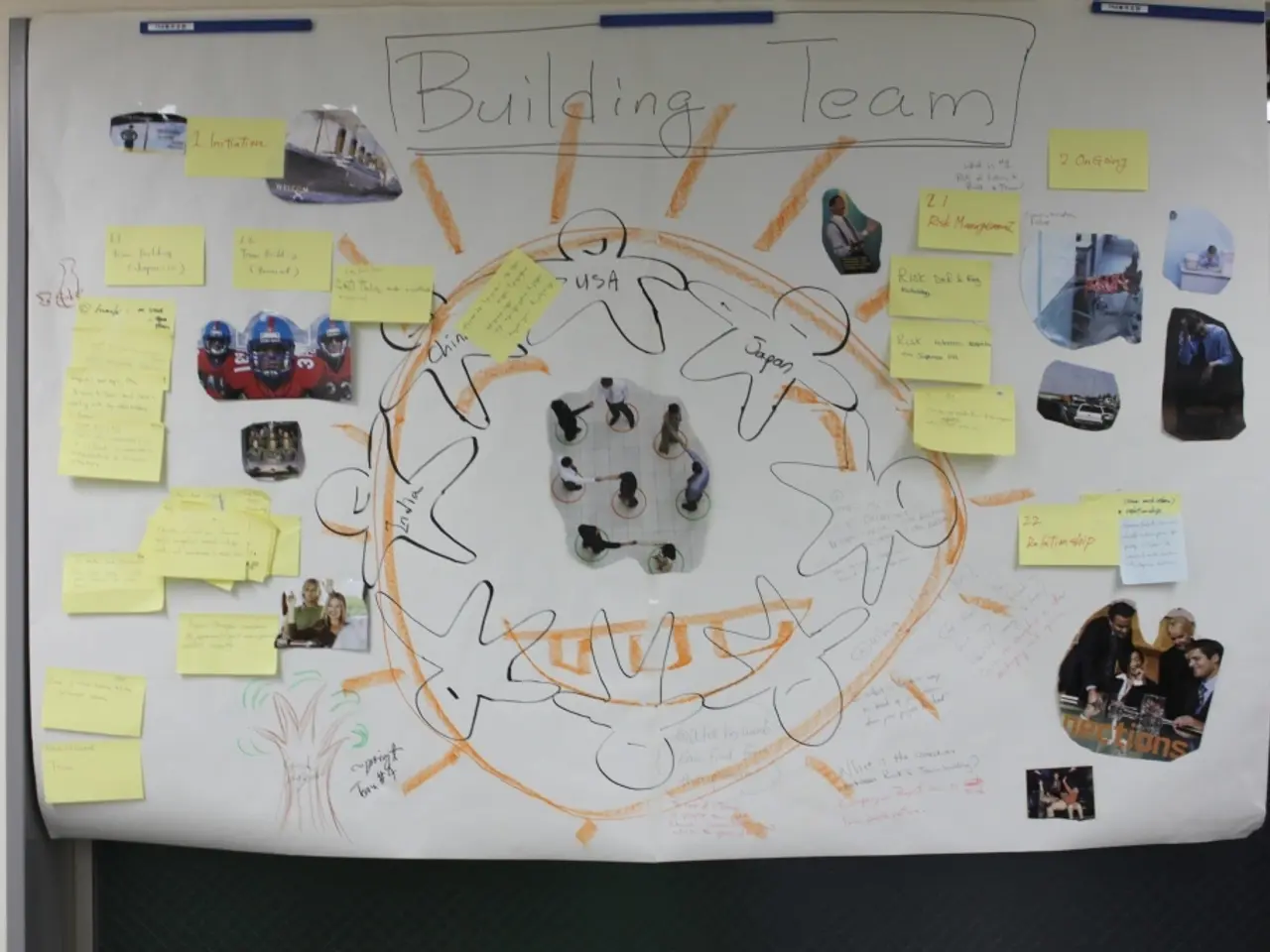Mental Aging: Is Intelligence a Factor in Accelerated Decline?
Higher intelligence, while providing a baseline advantage in cognitive function, does not guarantee protection against the rate or sharpness of cognitive decline in aging. This interesting finding comes from recent research that also highlights the role of cognitive reserve, a concept that refers to the ability to maintain better cognitive performance despite brain aging.
Individuals with higher intelligence may, in fact, experience a steeper decline once aging effects manifest, as their initial level was higher. This means that while education and intelligence build cognitive reserve, they do not slow down the biological rate of brain aging or cognitive decline itself. All brains tend to decline in structure and function at similar rates, regardless of intelligence or schooling.
However, starting with higher intelligence or education often results in maintaining higher cognitive functioning for longer, offering functional protection despite decline. This is a crucial point, as it suggests that while intelligence and cognitive reserve may provide resilience, they do not fully shield against age-related cognitive changes.
Research also indicates that environmental and lifestyle factors play a significant role in how cognitive decline unfolds. For instance, accelerated biological aging, as measured through epigenetic clocks, relates to larger IQ drops over time, especially in those with early-life disadvantages. This finding underscores the importance of a balanced lifestyle, healthy habits, and social engagement for healthy cognitive aging.
So, what can we do to maintain our mental acuity as we age? A multifactorial approach seems to be the key. Brain training, non-invasive stimulation, neuroprotective nutrients, and mindfulness-based practices are being studied for their potential to support longer-lasting mental acuity.
Balanced nutrition, rich in brain-healthy fats and antioxidants, fuels neural activity. Some brain supplements may also support memory, attention, or mental clarity during stressful periods when used mindfully.
Regular physical exercise boosts blood flow and supports neurogenesis, the growth of new neurons, which is crucial for maintaining cognitive health. Omega-3s, certain flavonoids, and compounds like citicoline are examples of neuroprotective nutrients.
Lifelong learning, whether through hobbies, reading, or new skills, nurtures cognitive flexibility. Consistent sleep of 7-9 hours enhances memory and mood, while mindfulness-based practices like meditation, gratitude, and stress reduction have real cognitive benefits over time.
Emotional regulation, such as managing stress, setting boundaries, and cultivating self-awareness, may be one of the strongest defenses against rapid mental aging. Genetics, lifestyle diseases (like diabetes or hypertension), chronic stress, and untreated depression are risk factors for cognitive decline, even for intelligent individuals. Chronic overwork without recovery can reduce attention span, increase irritability, and shrink the energy available for complex thinking among high achievers.
In conclusion, while intelligence may delay, disguise, and moderate mental aging, it doesn't eliminate it. A balanced approach that includes a healthy lifestyle, lifelong learning, emotional regulation, and social interaction seems to be the most effective strategy for maintaining cognitive health as we age.
- Higher intelligence does not offer absolute protection against the rate or sharpness of cognitive decline in aging, according to recent research.
- Cognitive reserve, the ability to maintain better cognitive performance despite brain aging, is influenced by both education and intelligence.
- Individuals with higher intelligence may actually experience a steeper decline once aging effects manifest, despite their initial advantage.
- All brains tend to decline in structure and function at similar rates, regardless of intelligence or schooling.
- A balanced lifestyle, healthy habits, and social engagement are crucial for healthy cognitive aging, as they can slow down the progression of cognitive decline.
- Brain training, non-invasive stimulation, neuroprotective nutrients, and mindfulness-based practices are being investigated for their potential to support longer-lasting mental acuity.
- Balanced nutrition, rich in brain-healthy fats and antioxidants, is essential for neural activity and cognitive health.
- Brain supplements may support memory, attention, or mental clarity during stressful periods when used mindfully.
- Regular physical exercise boosts blood flow and supports neurogenesis, which is crucial for maintaining cognitive health.
- Lifelong learning, whether through hobbies, reading, or new skills, nurtures cognitive flexibility.
- Consistent sleep of 7-9 hours enhances memory and mood, while mindfulness-based practices like meditation, gratitude, and stress reduction have potential cognitive benefits over time.
- Emotional regulation, such as managing stress, setting boundaries, and cultivating self-awareness, may serve as one of the strongest defenses against rapid mental aging.
- A balanced approach that includes a healthy lifestyle, lifelong learning, emotional regulation, and social interaction seems to be the most effective strategy for maintaining cognitive health as we age, even for intelligent individuals.




